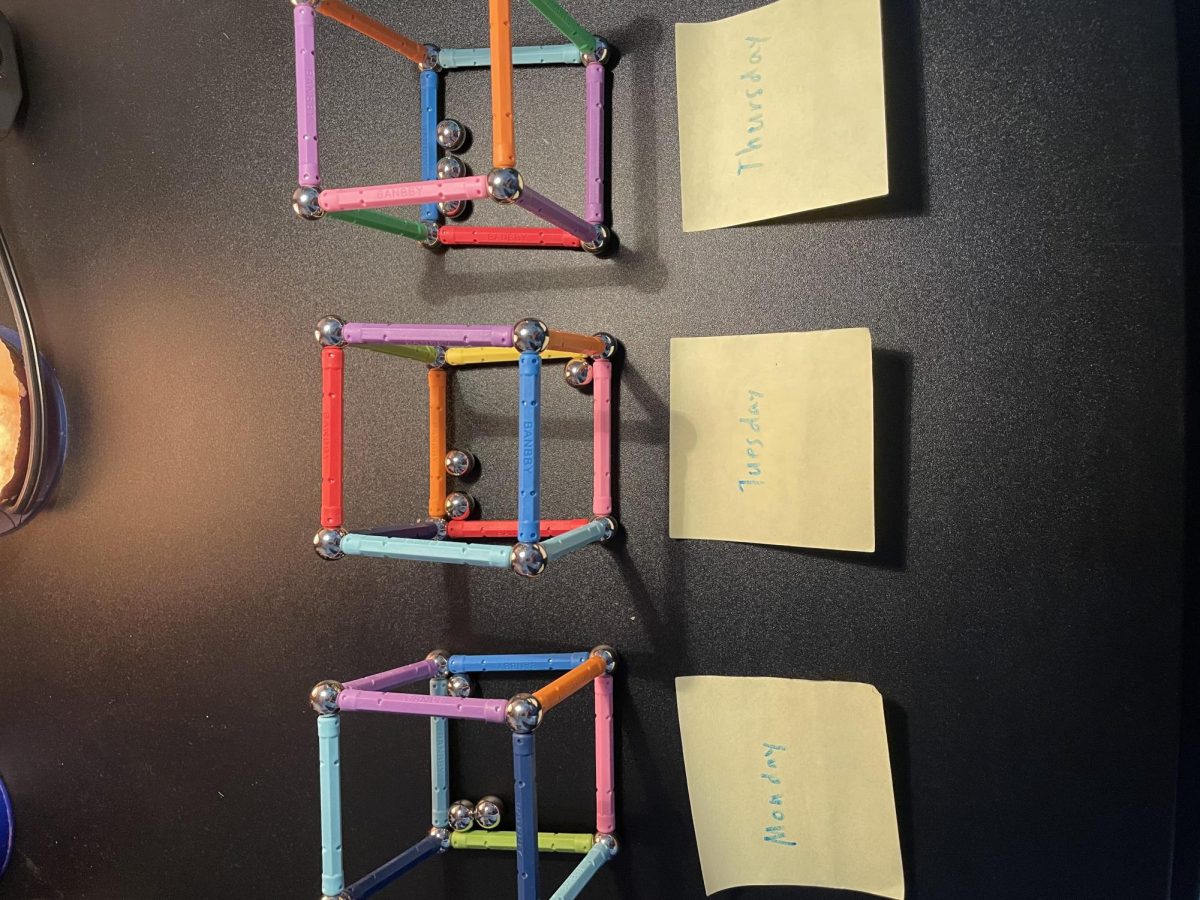Experienced throughout the entire country, students are acclimated with the traditional period scheduling of classes.
The reasons why schools chose this method of scheduling is partly due to shorter and more frequently differing classes which can help students work most efficiently during the school week.
Shorter class time also allows students to receive fast-paced learning without losing students’ focus. The more time spent in one class for a subject, the higher likelihood a significant percentage of that information taught will be forgotten. This potentially wastes the purpose for longer classes that teaches more of a subject at once.
Another aspect is the reduction of cost to the school districts. They are able to employ less teachers because periods allow teachers to reach more students within a given school day.
However, the popularity of block scheduling is rising and has received positive feedback by students and teachers alike for its results.
Longer classes on alternating days have shown to lead to better long term performance for students as classes are formatted in a manner that allows them to adequately focus and understand a subject.
Research shows that it takes an average of 23 minutes for a person to fully focus on a task after a distraction. Classes switching out every 45 minutes give a very limited amount of time for students to absorb the information.
College sophomore Hayden Robinson found the block scheduling of college studies to be much more effective in the class structure of his high school. “I have experienced going to a high school for three years that used a 7 period class schedule and then transferring to another high school using blocks for my senior year. The change helped me a lot, going from waking up at 5-6 am for classes to waking up at 8 for my three classes of the day,” said Robinson.
Additionally, block scheduling allows flexibility for students to receive any extra help needed as there is more time for each class. Free time outside of classes allows proper actions to be taken for student improvement.
“I feel like block scheduling has personally improved my educational experience and a lot of my friends have the same experience.” Robinson continued, “I feel like block scheduling left a better impact on school for me and also prepares you for the real world and college life more realistically as you will not just balance school, but things like jobs and activities outside of it as well.”
Teachers provide a unique perspective on block scheduling and its impact on their teaching methods. Industrial technology teacher, Jason Franzenburg, found that he had to change with the different classroom format. “
Block scheduling provides unique opportunities to students worthy of consideration. It allows for a structure that is flexible and fitting for the needs of many students and can provide great long term results for the education system if implemented correctly.









